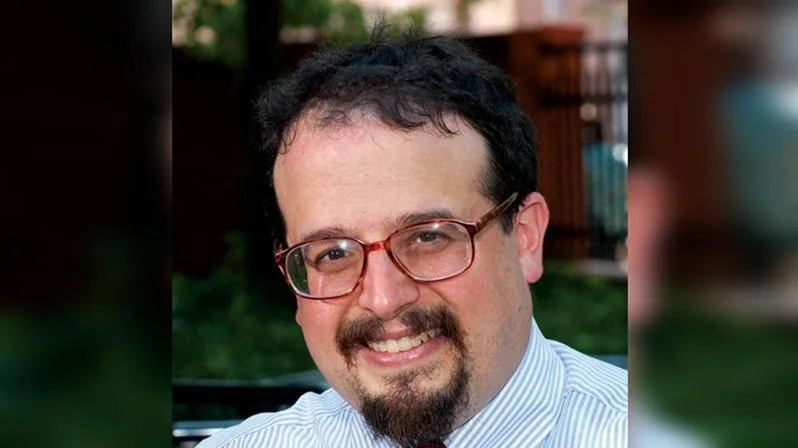
The Edward J. Bloustein School of Planning and Public Policy at Rutgers-New Brunswick played a significant role in the recent New Jersey gubernatorial debate held at the New Brunswick Performing Arts Center on October 8. The debate, featuring candidates Mikie Sherrill and Jack Ciattarelli, was co-organized by the Bloustein School alongside several media partners.
Marc Pfeiffer, a senior policy fellow at the Bloustein School, described the process of determining debate order: “They did a coin toss, Super Bowl-like. The winner got to choose.” He confirmed that Ciattarelli’s team won the toss.
Stuart Shapiro, dean of the Bloustein School, emphasized the school’s mission in participating: “Sponsoring the debate is part of how we fulfill our civic responsibility to help the voters of New Jersey choose their next governor. Anything we can do on that front is at the core of our function.”
For over three decades, the Bloustein School has provided analysis on key issues for New Jersey residents. Communications director Karyn Olsen stated, “We are the place to go to for the state” on topics such as economic trends, housing, health, and transportation.
The school’s influence has expanded with initiatives like the New Jersey State Policy Lab and renewed focus on its Center for Urban Policy Research. Other centers within Bloustein also support data-driven policymaking for state and local governments.
According to Shapiro, co-hosting this political debate was an opportunity to highlight ongoing work at the school: “Our job was to provide expertise so that our partners were as informed as they could possibly be.”
Hosting rights for the debate were determined by a competitive selection process led by the N.J. Election Law Enforcement Commission. This marked the first time that Bloustein hosted a state-level debate.
The format for this event differed from earlier debates; questions were prepared by journalists with input from Bloustein scholars and delivered by professional news anchors.
Staff from various organizations managed logistics and media coordination. Attendance was limited to about 40 people in person. Among those present were two Bloustein students: Jake Martinez and Alecxis Villapando.
Pfeiffer noted that one of Bloustein’s main contributions was providing data and background information during preparation: “Maybe they were putting together questions on the budget, energy policy, health care, Medicare or employee health benefits. We provided data to support that preparation.”
Afterwards, faculty at Bloustein reflected on their involvement and considered future research directions based on observations from this experience. Shapiro commented on the typical impact of debates: “What happens typically is the debate puts a temporary jolt into the race, and then it settles back to the equilibrium that it was at beforehand.” He acknowledged rare instances where moments in debates can have lasting effects: “Sometimes there’s a moment in a debate that goes viral and has a significant impact,” he said.